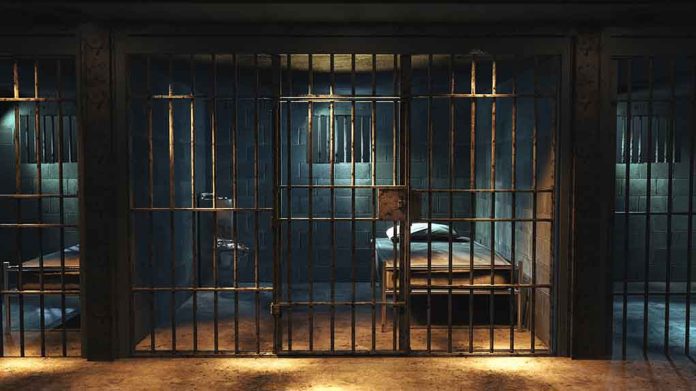
Even behind bars, the Treviño Morales brothers exert an ominous influence over the Northeast Cartel, far-reaching enough to stir concern at international levels.
At a Glance
- The Treviño Morales brothers, influential figures in the drug trade, continue to control the Northeast Cartel from behind Mexican prison walls.
- Challenges persist in extraditing these leaders to the U.S., where penalties would be more severe.
- This case shines a light on ongoing security lapses in Mexican detention centers.
- Persistent violence perpetrated by the cartel poses significant threats to both Mexican and American communities.
Leadership from Behind Bars
The Treviño Morales brothers, known figures in the Mexican drug trade, remain influential despite their incarceration. A recent indictment in the District of Columbia accuses Miguel Angel Treviño Morales of orchestrating criminal operations for the Northeast Cartel from within a prison. This indictment illustrates a significant issue—security weaknesses in detention facilities enabling inmates to coordinate illegal activities.
Miguel Angel Treviño Morales, dubbed “Zeta 40,” was pivotal in the formation of the fearsome Zetas cartel before its disintegration following his capture. The disbandment eventually gave rise to the Northeast Cartel, or CDN, under his and his brother Omar’s direction. Within Nuevo Laredo, this cartel has solidified its reputation for violent assaults on military forces, showcasing the Treviño Morales brothers’ persistence in wielding power despite their confinement.
Struggles with Extradition
Despite their leadership roles being curtailed by imprisonment, U.S. prosecutors have long sought the extradition of the Treviño Morales brothers to face more stringent consequences. Legal petitions delay these extradition processes, underscoring a longstanding challenge—drug lords remaining in Mexico continuing to operate their organizations from behind bars. Such situations impede efforts by both nations to dismantle gang networks.
“For decades, these individuals have controlled one of the most violent drug organizations in Mexico, committing and directing the commission of horrible atrocities against our neighbors, the people of Mexico, and also in the United States,” U.S. Attorney Jaime Esparza of the Western District of Texas
Securing extradition, particularly for Miguel Angel Treviño Morales, faces compounded delays due to Mexican legal appeals. Given their roles in drug trafficking, conspiracy, and money laundering, U.S. jurisdictions potentially subject these leaders to life imprisonment—a penalty deterring many cartels.
Remaining Influence and Violence
Despite the alleged control exercised from incarceration, it is their network of associations, including other family members, that reportedly administrate cartel operations. In recent months, the Northeast Cartel intensified its violent attacks, especially against Mexican military forces, reinforcing its notorious hold over Nuevo Laredo.
#ThisWeekatJustice, DOJ
▶️ Announced arrest of alleged leaders of Sinaloa Cartel
▶️ Indicted Chinese National for importation of #Fentanyl precursor chemicals
▶️ Sentenced Indiana man for #Antisemitic threats
▶️ Charged Kentucky man with federal #HateCrime pic.twitter.com/0EfUADO7GJ— U.S. Department of Justice (@TheJusticeDept) July 26, 2024
President Claudia Sheinbaum remarked, “Nuevo Laredo is where criminal groups have carried out the most attacks on the army and the National Guard.” Such observations highlight ongoing security challenges in the region, with the Treviño Morales family persistently implicated in spreading violence and exploiting legal system vulnerabilities.





